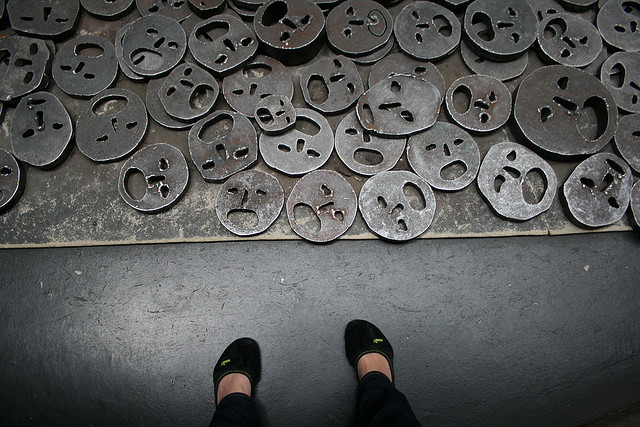The human brain is an amazing thing. In addition to the ability to perform high-level reasoning and split second decision making, the average brain can store over 2.5 petabytes of data. In extreme cases, there are children who have photographic memories (eidetic memory) and adults who remember every detail about their lives (hyperthymesia). You can spend your entire life learning new things and not fill up the memory in your brain.
Groups of people also have a form of collective memory but it is much less impressive. A group remembers things by sharing memories between the members of the group through a series of shared memories. Stories, songs, religions and mores are all ways that groups remember things. While there are models of how groups of people remember things together, groups of people change over time making it difficult to understand.
Your company is, of course, a group of people and if you are growing quickly it is most definitely changing. As a group, your company has a memory and that memory is a very important thing. That memory is where your corporate culture lives.
Evolution of Corporate Memory
At the beginning, your company has a perfect memory. You and your co-founders will know everything about the company, including why you started the company in the first place. You will know what all of your customers say about you and what problems you had to overcome to keep them happy. You’ll know what worked and what didn’t work along the way.
As soon as you hire your first employee, your corporate memory becomes imperfect. The new employee will not remember all of the things you learned before they joined. Even if you document everything, they will never internalize it.
Then you hire another employee and then another. Pretty soon there is a mix of employees, each with different levels of knowledge and memories about why the company was started, what worked in the past and what didn’t.
Additionally, these employees make more mistakes and learn new things. The knowledge that makes up your company starts to grow in many directions at once and everyone contributes to it. Pretty soon, even as the founder, there are things about your company that you don’t know.
Planning to Forget
Since your company memory is destined to remain imperfect, you have to plan to forget. From the very beginning, you should identify the things that you cannot forget and focus on making them part of your corporate memory. Write them down and constantly repeat them as part of how you do business. Some examples:
- Remembering your vision. Print out your vision in large font and post it on the wall. Preferably somewhere everyone sees it everyday (near the door or on the fridge). Bring it up during all company meetings and discuss it during the interview process. Eventually, everyone at your company should be familiar with the vision and be able to discuss it.
- Remembering mistakes. It is fine to make a mistake once but not twice. Write down the mistakes you made and how to avoid them. Make it part of your processes so that people understand why you do things the way you do instead of taking it for granted. Remove any stigma associated with mistakes by making them part of everyday discussions.
- Remember decisions. In the face of rapid changes, you might make dozens of decisions everyday. Make sure there is clear follow up to look at the results of major decisions or else you will have no way to learn from it. Often, it’s best that the follow up comes from someone other than the decision maker so the memory is shared.
Most of all, never assume the members of your team know everything that you know. As the founder, your job is to identify the most important things your employees need to know and make sure they know them.
Sometimes You Want to Forget
It is not a bad thing that your company will have an imperfect memory. Adults with hyperthymesia describe it as a debilitating disorder since the sheer information overload prevents you from seeking out and learning new things. If you remembered everything, you would lose the creative spark of revisiting old problems and finding better solutions.
For example, you want to forget the shortcuts you made in the early days just to get by. As your company grows, shortcuts won’t scale and you need to revisit them to build sustainable processes and strategies. Employees that don’t know how or why you solved a problem in the past will be in a great position to find better solutions, without the constraints of history.
Memory, either human or corporate, is a fickle thing. It helps us avoid mistakes we’ve made and move forward faster and faster as we learn. Plan for the memory of your company and make sure that it never holds you back.
Image credit: CC by Sarah Le Clerc




